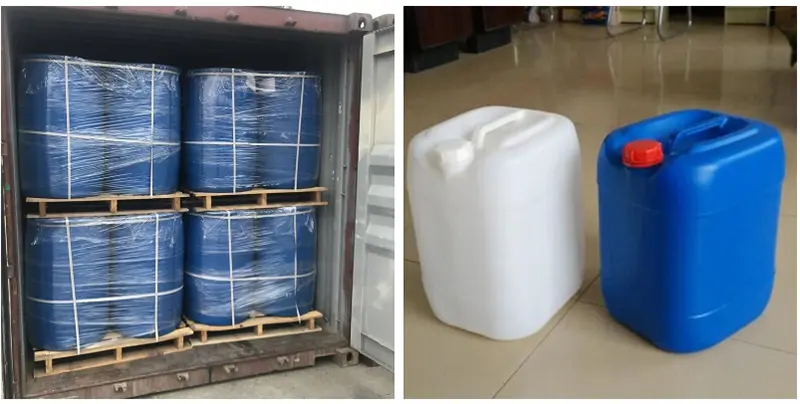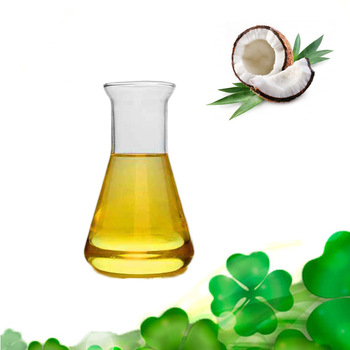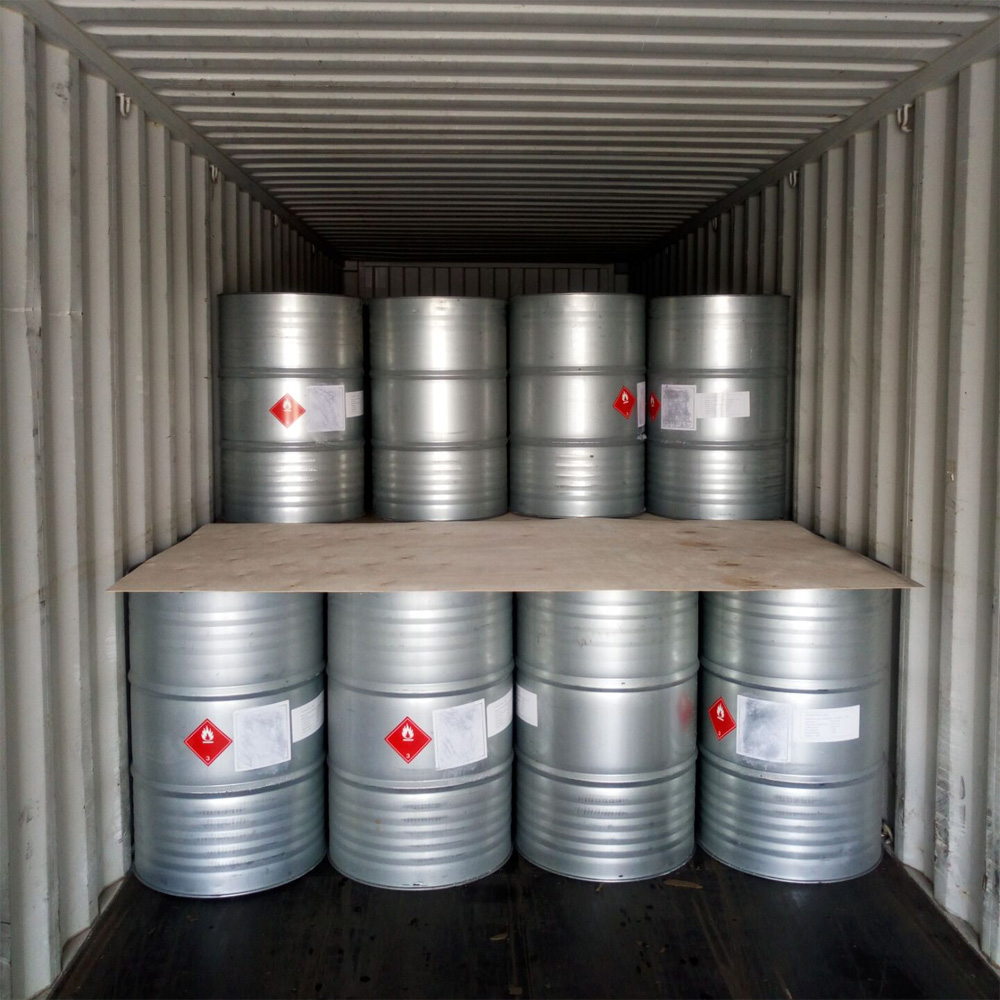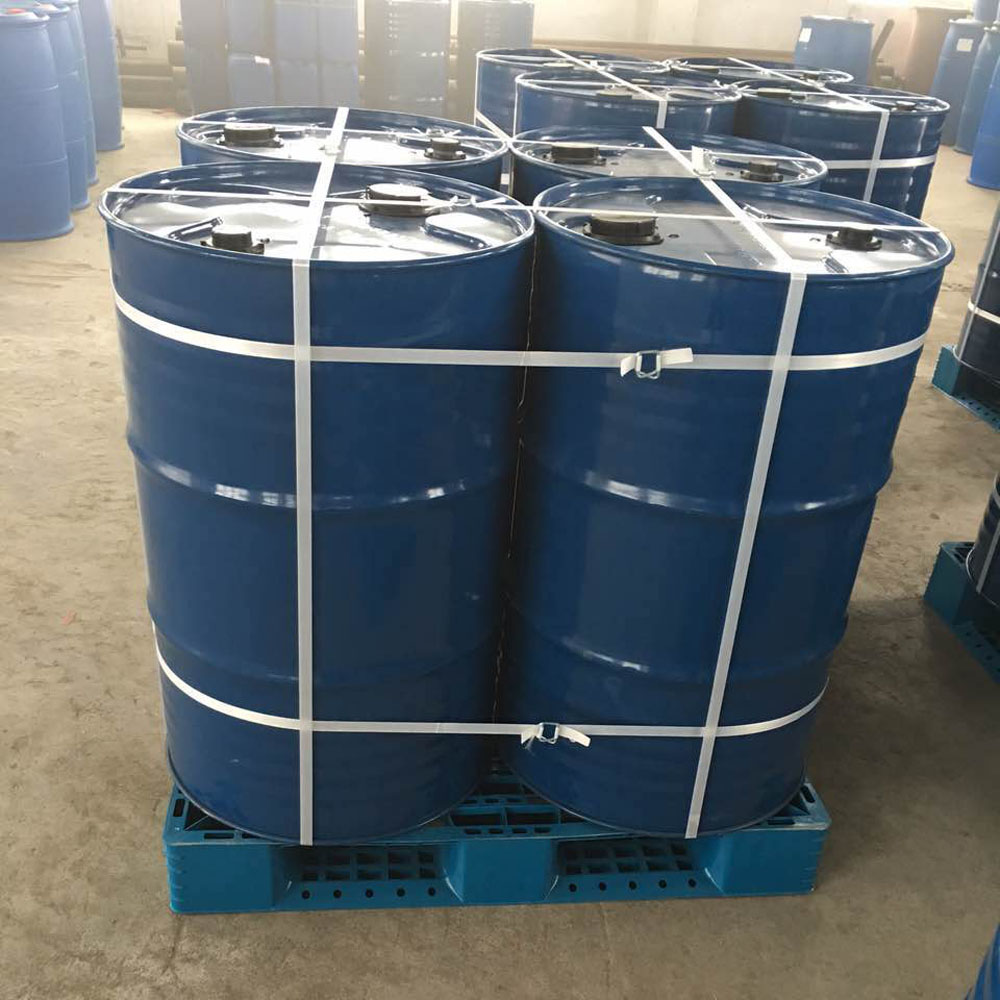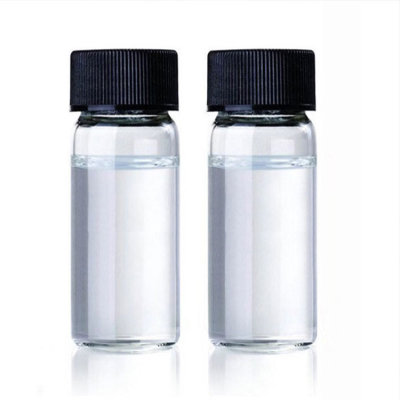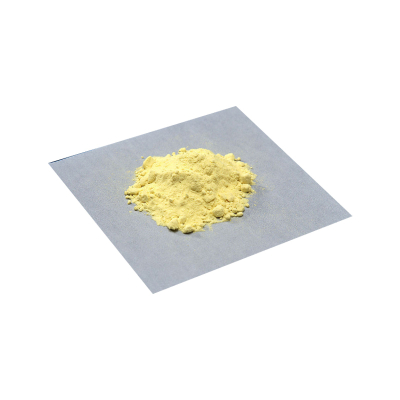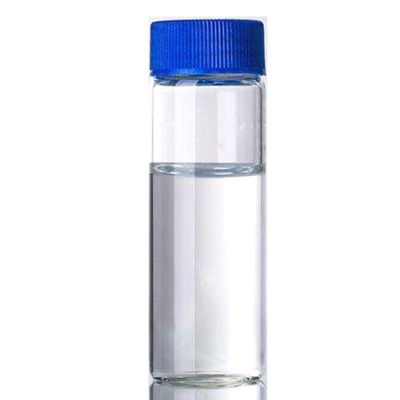Coconut oil CAS#8001-31-8
Coconut oil CAS#8001-31-8 Promotion Season Now in Store and Free Sample for Testing with Factory Price
Chemical Name:Coconut oil
CAS No.8001-31-8
Molecular Formula:N/A
Molecular weight: 0
Sample: Available
Mode of Transportation
1. By Air, fast but expensive.
2. By Sea, usual and economy.
3. By Train, suit for middle Asia countries.
4. By Express, suit for small package.
We only provide highest quality goods available, accompanied by after support!
Products Description of Coconut oil CAS#8001-31-8
Coconut oil is an oil extracted from coconut pulp (dry pulp contains about 63% to 70% oil). It is a white semi-solid lard-like fat. It has a unique coconut fragrance. The main components are glycerides of lauric acid, myristic acid, and oleic acid. The melting point is 23 to 28°C. The relative density is 0.917 to 0.919 (25/25°C). The saponification value is 250 to 264. The iodine value is 8 to 12. The acid value does not exceed 6. It is soluble in alcohol, chloroform, ether, and carbon disulfide, but insoluble in water. It is easy to become rancid when exposed to air. It can undergo saponification with caustic soda solution at room temperature. It is used in the manufacture of soap, edible fat, chocolate, candy, etc.
Coconut oil Chemical Properties
Melting point | 20-28 °C(lit.) |
density | 0.903 g/mL at 25 °C |
Fp | 113 °C |
storage temp. | 2-8°C |
solubility | Practically insoluble in water, freely soluble in methylene chloride and in light petroleum (bp: 65-70 °C), very slightly soluble in ethanol (96 per cent). |
form | low-melting solid |
color | White or almost white |
Odor | at 100.00 %. fresh fatty fruity nutty |
Odor Type | fatty |
Water Solubility | insoluble |
Dielectric constant | 2.9(Ambient) |
EPA Substance Registry System | Coconut oil (8001-31-8) |
Safety Information
Safety Statements | 24/25 |
RIDADR | UN 1363 4.2/ PGIII |
WGK Germany | - |
RTECS | GG6040000 |
F | 8-23 |
HazardClass | 4.2 |
PackingGroup | III |
HS Code | 15131110 |
Hazardous Substances Data | 8001-31-8(Hazardous Substances Data) |
Product Application of Coconut oil CAS#8001-31-8
1. Medical field 1) Antibacterial: Coconut oil contains medium- and short-chain fatty acids such as 40% lauric acid, 7% capric acid, % caproic acid, and 0.5% caproic acid, all of which have bactericidal effects. Medium-chain triglycerides (MCT) in coconut oil can inhibit yeast infections, such as Candida; medium-chain fatty acids (MCFAs) may cause bacterial death and dissolution by inducing the bacteria to secrete an autolytic enzyme. Coconut oil has an inhibitory effect on multiple bacteria of the genus Candida, among which Candida krusei and Candida albicans are most sensitive to 100% coconut oil, with a minimum inhibitory concentration of 25%. Coconut oil not only has a certain ability to inhibit microorganisms in vitro, but also has a stronger antibacterial ability to form monoglycerol fatty acids and free fatty acids after being absorbed and decomposed by the body. The most active of these are lauric acid and monolaurin. Lauric acid and monolaurin can cause loss and changes in the cytoplasm and cell membrane of bacterial cells at concentrations of 3.2 and 0.1 mg/mL, respectively, and inhibit Staphylococcus aureus and Staphylococcus aureus. These studies are undoubtedly of certain use value in solving the problem of bacterial resistance caused by the extensive use of antibiotics by humans.
2) HIV virus: The effects of coconut oil hydrolysate monolaurin and pure coconut oil were compared. The results showed that patients taking coconut oil or monolaurin, and patients taking monolaurin and coconut oil can effectively resist HIV virus. In addition, the glycerides formed after coconut oil digestion can destroy monocytogenes Listeria, Helicobacter pylori and protozoa such as Giardia lamblia, measles, herpes simplex virus, influenza and cytomegalovirus.
3) Detoxification effect: Studies have shown that after aluminum phosphide poisoning, timely intake of a certain amount of coconut oil can relieve the symptoms of poisoning. A case was reported in 2005 in which a 28-year-old man committed suicide by consuming a lethal 12g of aluminum phosphide. The patient then developed several symptoms of poisoning, clinically showing metabolic acidosis and liver dysfunction. During the treatment, the doctor used oral coconut oil and sodium bicarbonate, as well as potassium permanganate gastric lavage, oral charcoal ash, sorbitol infusion, intravascular injection of sodium bicarbonate, magnesium sulfate and calcium gluconate. After conservative and supportive treatment in the intensive care unit, the patient successfully survived. This shows that coconut oil can be used as one of the drugs for the clinical treatment of aluminum phosphide poisoning and has positive clinical significance.
Factory and Equipment Show


Fast delivery time
Inventory 2-3 working days New production 7-10 working days
